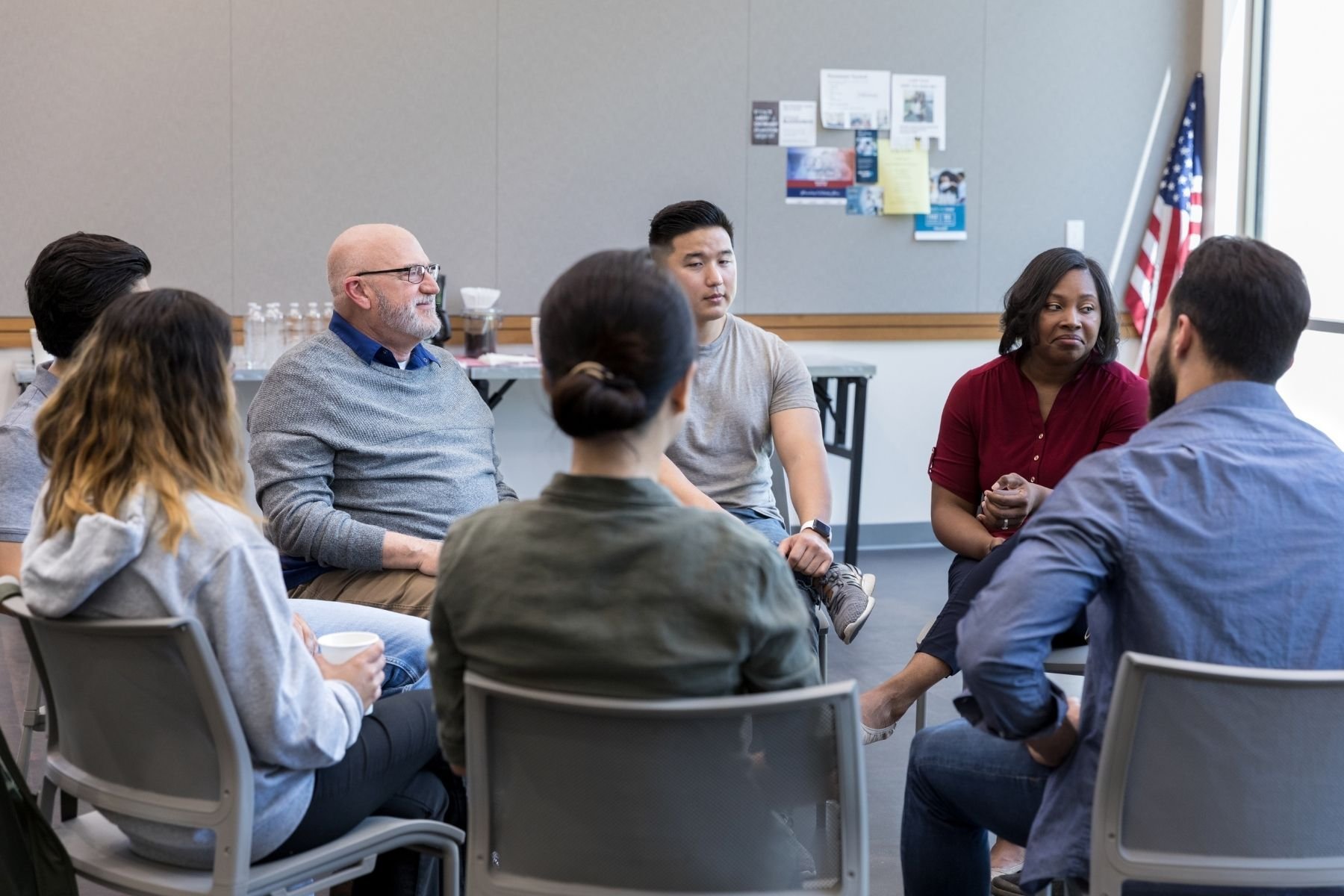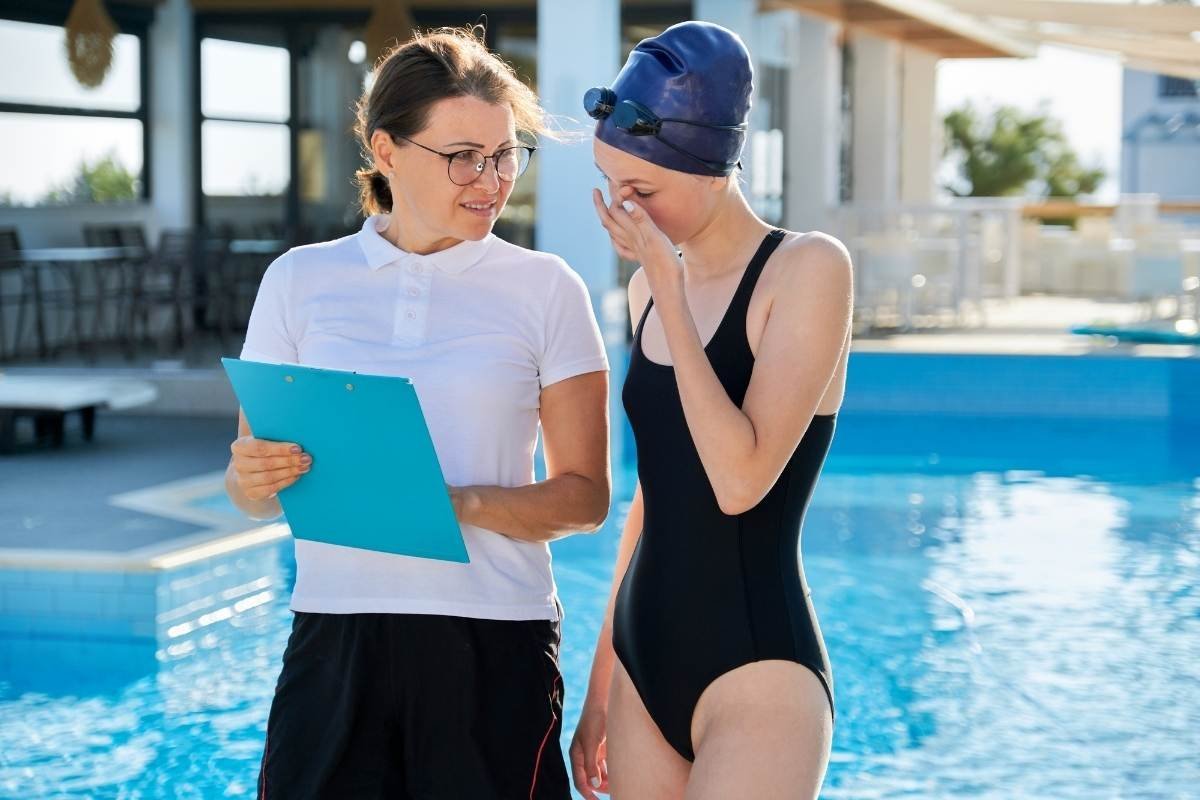Blog
Health disparities and barriers to effective and proper migraine treatment
An article in Harvard Health Publishing breaks down new research on healthcare disparities faced by patients with headache disorders. Researchers Jessica Kiarashi et al. found significant disparities based on race, sexuality, socioeconomic status (SES), urban/rural geographic differences, and more.
Many PA high schools’ sports concussion protocols fail to meet state mandates or include current best practices, full-time trainers may help
A study found significant gaps in a high proportion of PA schools with regard to both state mandates and current best practices, though protocols were much higher quality in schools with a full-time athletic trainer (AT).
Good resource on Meditation
Brainline recently highlighted their article on mediation in their Brain Injury and PTSD Treatment Hub. The article primarily has general information about meditation and references a few studies. When mental training and breathing techniques are combined, a person may be able to slow and calm down their mind.
Resuming physical activity 72 hours after concussion reduces symptoms and the risk of delayed recovery
A study has found that for youth ages 10 to 18, “Resuming non-contact physical activity 72 hours after a concussion is safe, and may also reduce symptoms and the risk of delayed recovery,” according to a CHEO Research Institute press release.
Combat-related concussion increases odds of long-term disability in Veterans in a prospective 10-year study
Dr. Mac Donald et al. conducted a 10-year prospective study of veterans deployed to Iraq and Afghanistan to determine the trajectory of disability within this population and identify which subset of the population is most at risk. Their study demonstrated that veterans who sustained a concussion in combat had “very high odds of poor long-term outcome trajectory.”
Radio program on survivors of domestic violence living with traumatic brain injury
We recommend a 47-minute radio special, An ''invisible epidemic'': Survivors of domestic violence on living with traumatic brain injury. The program is a feature of WBUR radio's On Point program and played on NPR across the United States.
Major scandal forces the chair of the International Concussion in Sport Group to step down from post ahead of 6th consensus statement process in October
In the last two weeks, the Concussion in Sport Group (CISG) has become engulfed in a scandal that has ramifications for concussion management across the globe. Dr. Paul McCrory, “chair of the Concussion in Sport Group (CISG) and lead author of four of the five Consensus Statements on Concussion in Sport,” resigned on March 5 following revelations of multiple instances of plagiarism.
Children and adolescents with concussion at 40% higher risk for mental health issues than peers with orthopedic injury
A study found that children and adolescents who sustain a concussion are at an increased risk of developing mental health issues. The results indicated that "young people who sustain a concussion are at a 40% higher risk of mental health issues, psychiatric hospitalization, and self-harm compared to those who sustain an orthopedic injury."
Former NFL players report Mild Cognitive Impairment, dementia at higher rates than national average for their age
A study investigated the prevalence of Mild Cognitive Impairment (MCI) and dementia in former NFL players ages 50+. The authors found significant disparities in the rate of self-reported MCI and dementia diagnoses between the study participants (who had spent at least one year in the NFL) and national incidence estimates. Alarmingly, almost 23% of participants aged 50-60 reported MCI.
Treat acute post-concussion dizziness to promote physical activity and improve recovery, a new study suggests
Gradually increasing physical activity is now accepted as an “important aspect of appropriate clinical management.” However, post-concussion dizziness in the first weeks after a concussion reduces a patient’s propensity for physical activity and may potentially hinder recovery, a new study finds.
Review article analyzes pathophysiology, patient care of post-concussive dizziness
Over 1 million people report having mild traumatic brain injury or concussion (mTBI) per year. The second most persistent symptom reported is dizziness, ranging from feelings of “giddiness” to vertigo. A review article discusses the potential pathophysiology of dizziness and recommendations for patient care.
Updated concussion guidelines for youth returning to school
PedsConcussion, a living guideline for concussion treatment and recovery for kids and teens, has updated its guidelines for returning to school. The guideline now states that students can return to school when cognitive activities do not make symptoms worse, even if symptoms are still present.
Pre- and post-concussion anxiety both contribute to risk of more intense and persistent symptoms
A study. found connections between pre-injury anxiety, post-injury anxiety, and persistent post-concussion symptoms. Dr. William Barr (NYU Langone Health) notably tweeted about the study, commenting: “assessment of anxiety is important among adolescents presenting for concussion care and delivery of evidence-supported treatments for anxiety are important considerations …”
Sleep quality may explain the connection between mood dysregulation and neurodegeneration following TBI
A study by Jackie L. Gottshall et al. found that poor sleep quality may be an "important driver of the relationships" between common post-mTBI neuropsychiatric disorders—major depressive disorder (MDD), post-concussive symptoms (PCS), and post-traumatic stress disorder (PTSD)—and biomarkers of neurodegeneration.
University of Buffalo researchers find thirty-second single-leg stand task differentiates concussion patients from never-concussed controls
A study by Ghazala T. Saleem et al. examined the efficacy of the Physical and Neurological Examination of Subtle Signs (PANESS) to identify subtle postural control deficits after concussion. They found that the thirty-second single-leg stance identified impaired postural control in children after concussion.
NFL awards $500,000 for Canadian university to study cannabis as a concussion treatment
In 2021, the NFL offered an opportunity to researchers to examine possible treatments for pain in NFL athletes. An article written for CBC News indicates that the NFL awarded over $500,000 to a study led by Patrick Neary, a professor and exercise physiologist at the University of Regina, a public university in Canada.
Excellent breakdown of post-traumatic headache
An article published on Verywell Health provides a well-written overview of the symptoms, causes, diagnosis, and treatment of post-traumatic headaches (PTH). These headaches typically stem from traumatic brain injuries, including concussions, the most common causes of which are falls, automobile injuries, sports injuries, and domestic abuse.
Call for Research Participants: Mind Over Matter, A Veteran-driven Roadmap to Research on mTBI
Veterans with mTBI (concussion) and their caregivers are invited to participate in a research study. Mind Over Matter (M.O.M.) provides a platform that gives veterans with an mTBI and their caregivers an active voice in developing a pathway for increasing the relevance of TBI Patient-Centered Outcomes Research (PCOR) and Comparative Effectiveness Research (C.E.R.).
Study finds that symptoms persist beyond a year in the majority of concussion patients
A study conducted by Joan Machamer et al. found that over two-thirds of concussion patients report persistent symptoms a year post-injury. At the 12 month evaluation, 50 percent of participants reported at least three symptoms, and 71 percent of participants reported that at least one symptom was new or worse than pre-injury.
Study looks at concussion nondisclosure in college athletes from health disparities and social health determinants framework
A study investigated whether concussion nondisclosure disparities existed by race, socioeconomic status (SES), or athletic training health care access before college. One of the study’s goals was to understand the differential reasons for concussion nondisclosure between White and Black collegiate athletes.




















